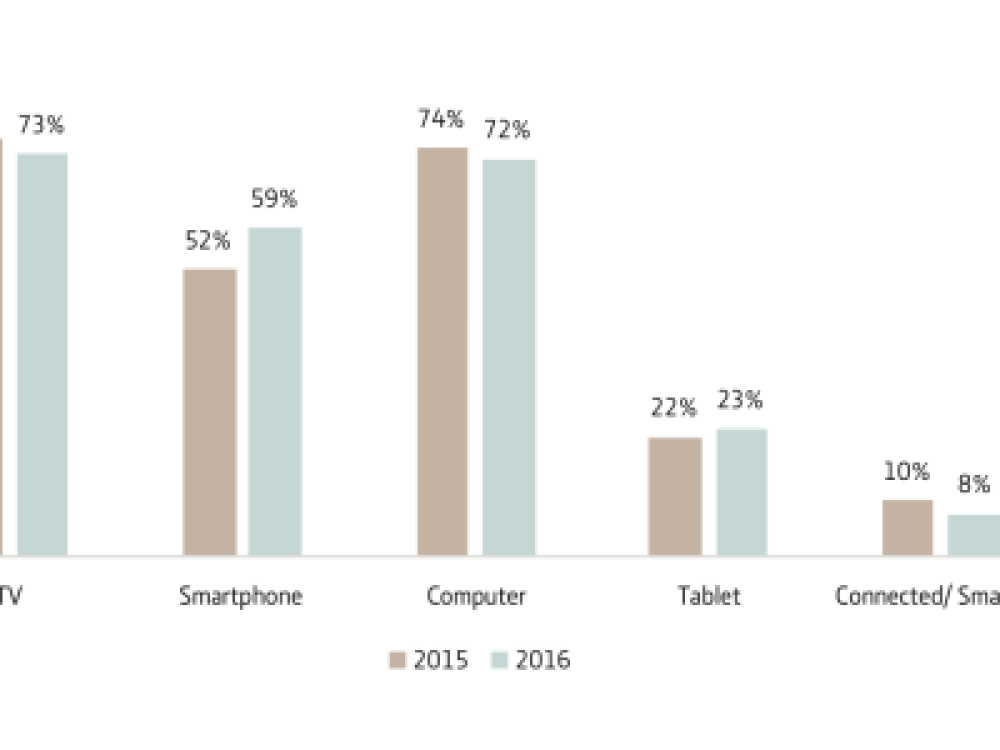Investigative journalism has long been a linchpin of transparency and accountability in democratic societies. It is also laborious, time-consuming and expensive to produce. For mainstream newsrooms already struggling with their digital market position, these characteristics can make it a particularly unattractive investment of resources.
While many lament the decline of investigative journalism by legacy outlets, the practice is being reinvigorated through the global growth of non-profit journalism organisations. A 2012 study by the Center for International Media Assistance identified over 106 non-profit newsrooms operating in nearly 50 countries.
Conceived as a corrective to the failings of the mainstream press, non-profit reporting has been most fully developed in the United States where commercial imperatives have gradually hollowed out public service journalism. Between 1987 and 2012, 172 digital non-profits were launched including The Centre for Public Integrity (f.1989), Truthout (f.2000) and ProPublica (f.2007).
Beyond the US, non-profit investigative journalism plays an important role in transitioning democracies. Founded in 1989, the Philippine Centre for Investigative Journalism is recognised as an exemplary of both investigative journalism and independent media organisation. Similar initiatives have emerged across the former Soviet bloc of Eastern Europe. The Romanian Centre for Investigative Journalism formed in 2001 in response to widespread corruption and poorly developed standards in Romanian media. The most recent initiative, the Hungarian Direkt36, launched in January this year amid a government crackdown on press freedom.
Funding Investigative Journalism
The non-profit model is not a panacea to the problems of mainstream news media. In practice, non-profits often work in partnership with legacy outlets to co-produce and distribute stories. Moreover, funding remains the pivotal issue, which determines the scope, size and long-term viability of non-profit organisations.
Non-profits variously draw support from philanthropic foundations, development grants, training institutes and crowd-funding. These diverse funding streams give rise to noted disparities across the sector. As David Kaplan (PDF) reports, while five US non-profits have annual budgets exceeding $1 million, most worldwide operations have budgets of less than $50,000 and a staff of five or fewer people.
Philanthropic foundations, in particular, are now a major source of news media funding. So called 'foundation journalism' includes the provision of journalism grants and fellowships as well as the establishment of new organisations. ProPublica, the biggest US non-profit with an annual budget of over $10 million, is backed by finance billionaires Marion and Herbert Sandler. The largest non-profit outside the US, the UK's Bureau of Investigative Journalism, draws its primary funding from the foundation established by IT billionaires David and Elaine Potter.
With such substantial support, both non-profits were able to launch with a highly experienced staff of professional journalists. ProPublica’s founding editor-in-chief, Paul Steiger, came direct from the managing editor role at The Wall Street Journal while the Bureau's staff come from leading UK media like the BBC, The Times, The Guardian and The Observer.
Western development aid is another major source of global non-profit journalism. Primarily targeted at regions with a weak democratic record, a central feature of such funding is the process of training journalists to establish a culture of investigative reporting. For example, the Bosnian Centre for Investigative Reporting launched in 2004 with a three year $1.8 million grant from USAID. Arab Reporters for Investigative Journalism is the only initiative of its kind in the region and has drawn support from the Danish and Swedish governments and UNESCO.
On a much smaller scale, non-profits like Direkt36 and ThaiPublica cite the success and ethos of ProPublica as a source of inspiration while significantly lacking the largescale philanthropic support that makes ProPublica possible. Beyond the challenge of securing initial seed funding, these small-scale outlets rely on the very same online funding models that mainstream media are struggling to make work. ThaiPublica relies on banner adverts and donations while the Belfast based investigative magazine The Muckracker aims to be entirely reader funded by selling on a quarterly basis for £3.
The future success of these significant small-scale enterprises is fundamentally tied to the public's willingness to pay for quality journalism. Their position, however, is also dependent on what bigger market players are doing and whether philanthropists with deep pockets seek to follow the lead of their American counterparts.
Figures sourced from David Kaplan (2013) Global Investigative Journalism (PDF)




